Ermenegildo Zegna asks: what makes a man?
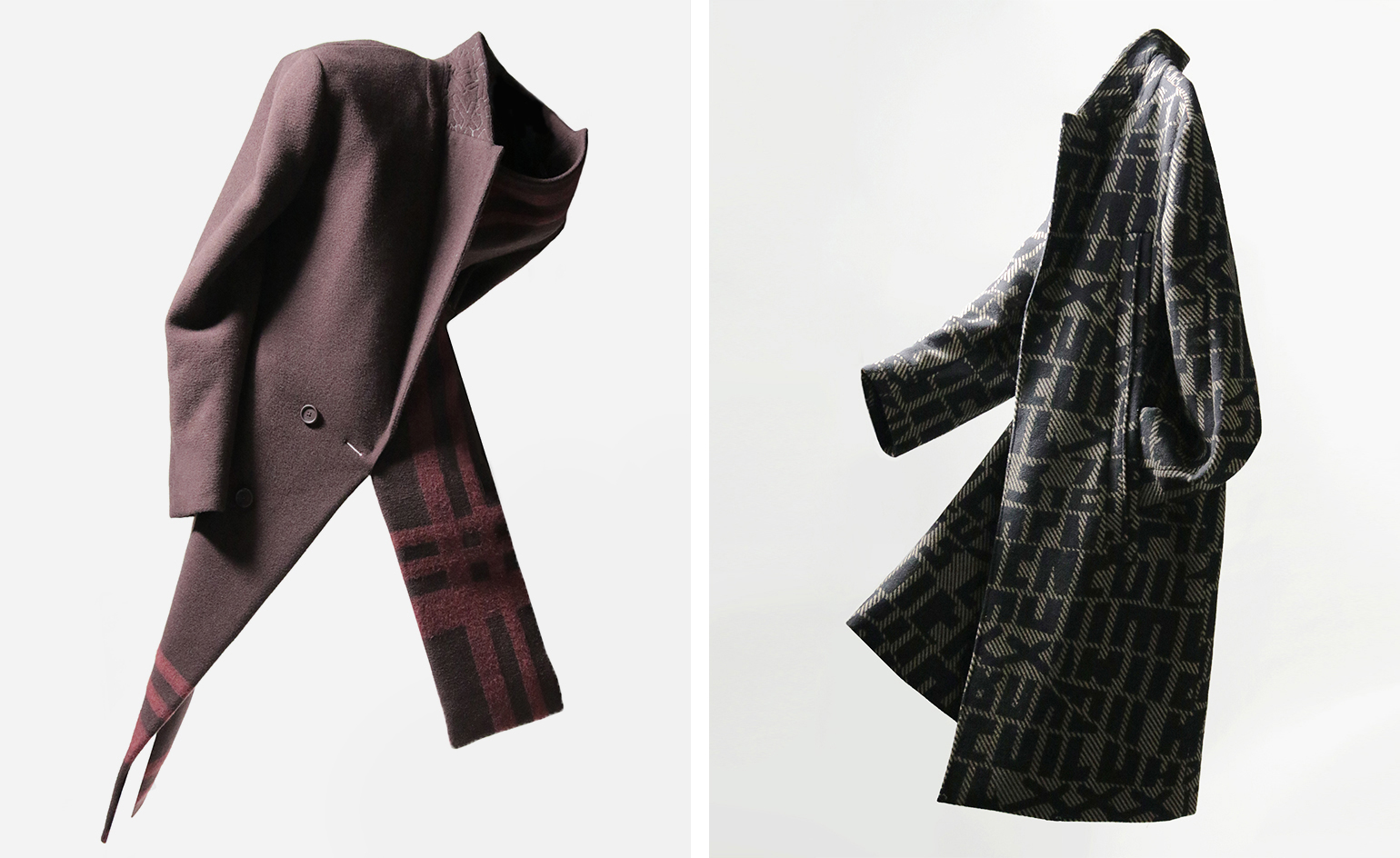
We live in liquid times. The choppy politics of both identity and place have washed hoary notions about what is certain. With deep fakes and shallow truths, now is the time for honesty and integrity. Fashion is taking note. ‘To me, this time is about being conscious. Being real. Don’t be afraid to say who you are – whoever you are,’ Ermenegildo Zegna’s artistic director Alessandro Sartori says. Zegna’s latest campaign is concerned not only with the cut of a cashmere blouson or the smarts of sustainable suiting but hopes to harness fashion’s ability to foster conversation. The question? What makes a man today.
Since Sartori graduated from Istituto Marangoni Milano in 1989, much has changed. The pace of fashion for one, the unexpected emergence of a constant feedback loop care of social media and, more exhilaratingly, the shift in attitude to use clothes to enhance a personality rather than use them as uniform. ‘I have noticed more of a sense of wanting to dress yourself in a way that shows who you are and it wasn’t always like that.’ Sartori’s A/W 2019 collection was inspired by life in perpetual motion; the show was staged inside Milan’s vast central station to illustrate the many paths crossed throughout a single day. The company is placing its product at the centre of a wider, more critical dialogue. ‘Borders keep being narrowed throughout the world. We felt the urge to advocate the power of openness and multiplicity,’ Sartori says.
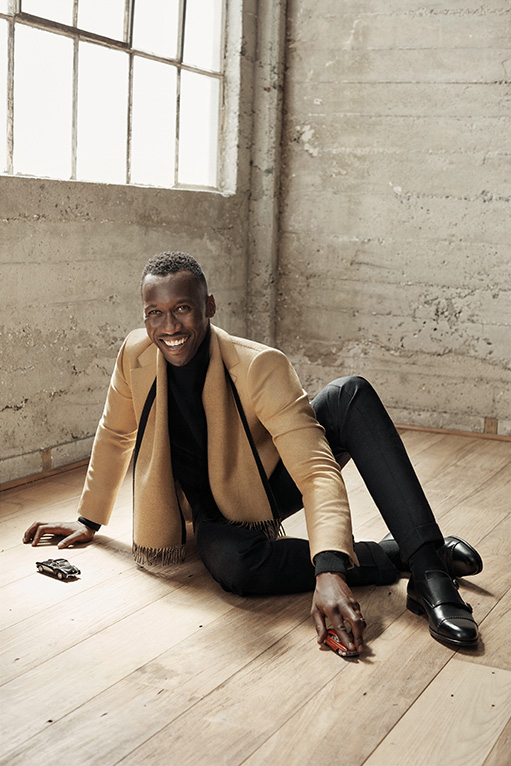
Mahershala Ali stars in Ermenegildo Zegna A/W 2019's campaign
The latest campaign, starring two-time Oscar winner Mahershala Ali, channels a new sincerity and sensuosity. It proffers a roll-call of men with something to say. ‘After a long time of presenting men without fear, I became more interested in a man who can talk about his emotions, his personality. How do we love, how fragile are we? It’s about sensitivity and sensibility. All of this is super important because we don’t dress machines,’ Sartori says. ‘We dress human beings.’
Sartori shifted his attitude after noting the vivid and unfeigned talk in the design studio. Millennials flood their dialogue with candidness and frequent self-reflection and this has impacted much of the fresh approach. ‘The studio is 50 per cent men and 50 per cent women and about a year ago we started to have more open discussions and I cannot tell you how many ideas – how many creative ideas – I got from it!’ he says. ‘When we show what we are going to do for the coming season, it’s not just a presentation now, it’s a conversation.’ In this mood, the campaign proposes masculinity as a state of mind, not a set of given rules. It places man in the outdoors, face down in the minutiae of the natural, awesome world.
The environment is at the heart of Zegna. It is the only luxury brand to be vertically integrated and own the entire supply chain. In 1993 the group founded Oasi Zegna as a project to promote the work of its founder to transform mountain territory near the company’s wool mill in Trivero into a nature reserve by planting half a million trees in the late 1930s. In 2014, Zegna purchased the family run Achill Farm in Armidale, northern New South Wales, so they could support the struggling Australian farming industry. ‘Our sheep at Achill Farm are fed with organic food and then by the time their merino wool comes into the store as fully finished garments, there have been so many steps involved. Today we have bigger possibilities and we can use this full supply chain differently to really try and have zero waste. We are lucky to have it.’
For the coming season and beyond, the attitude is one of regeneration: re-use and resurrect. The call to action is #UseTheExisting. Suits are made entirely from wool remnants. Eco down jackets, quilted coats and long parkas are in recycled polyester. A knitted sweater is in salvaged cashmere. This approach is rooted in an openness to do traditional things differently. ‘It’s a mind-set that you have to change first. Then you have constraints, but little by little you can find solutions and new processes. Is it possible to have 100 per cent sustainable today? No, but we are working hard to explore how we can achieve this. If we can recycle and repurpose something three or five times that’s great. But what happens when there is still that 5 per cent left?’ Sartori asks. It’s curiosity that makes the man.
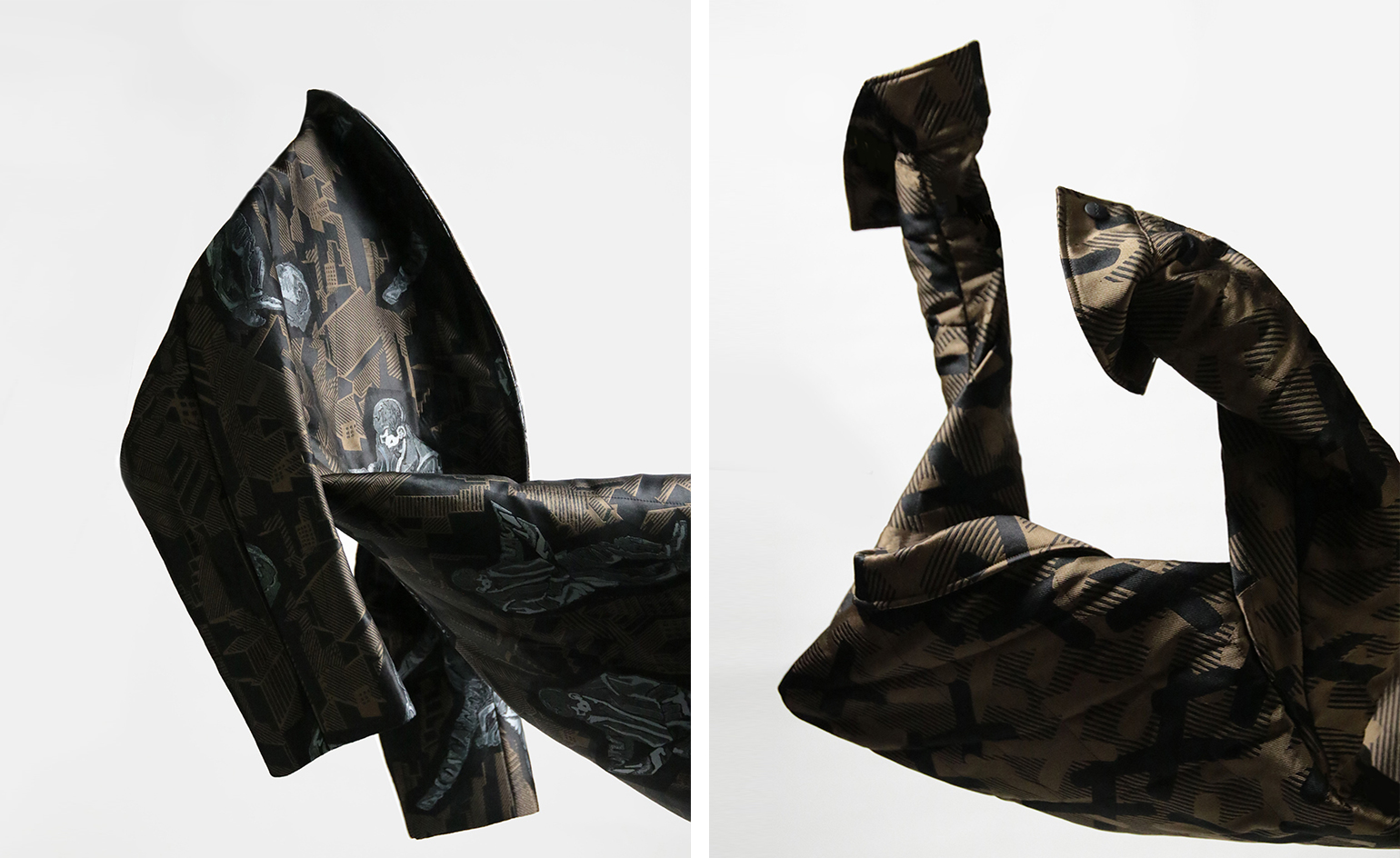
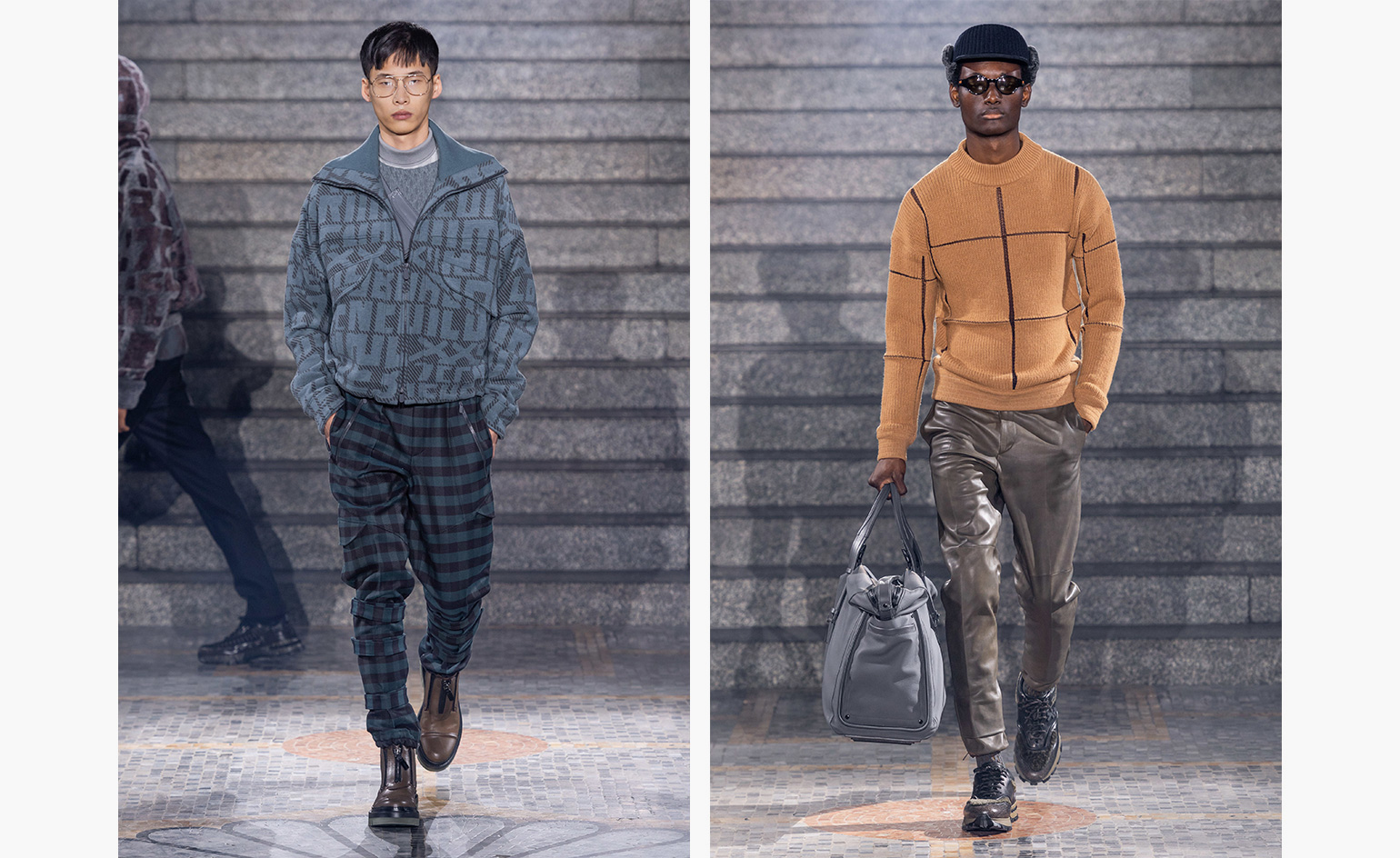
Ermenegildo Zegna A/W 2019.
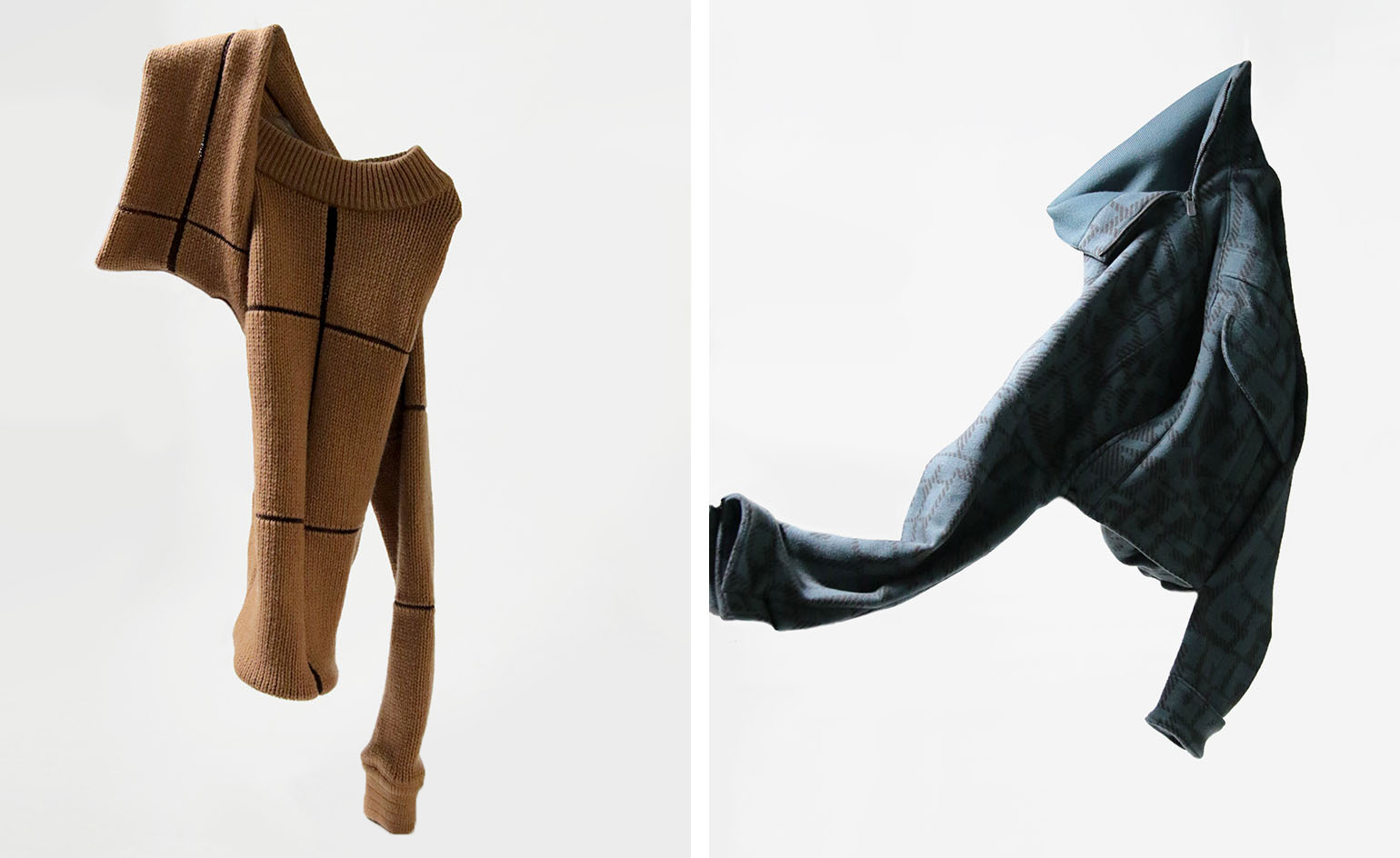
INFORMATION
Wallpaper* Newsletter
Receive our daily digest of inspiration, escapism and design stories from around the world direct to your inbox.
London based writer Dal Chodha is editor-in-chief of Archivist Addendum — a publishing project that explores the gap between fashion editorial and academe. He writes for various international titles and journals on fashion, art and culture and is a contributing editor at Wallpaper*. Chodha has been working in academic institutions for more than a decade and is Stage 1 Leader of the BA Fashion Communication and Promotion course at Central Saint Martins. In 2020 he published his first book SHOW NOTES, an original hybrid of journalism, poetry and provocation.
-
 Put these emerging artists on your radar
Put these emerging artists on your radarThis crop of six new talents is poised to shake up the art world. Get to know them now
By Tianna Williams
-
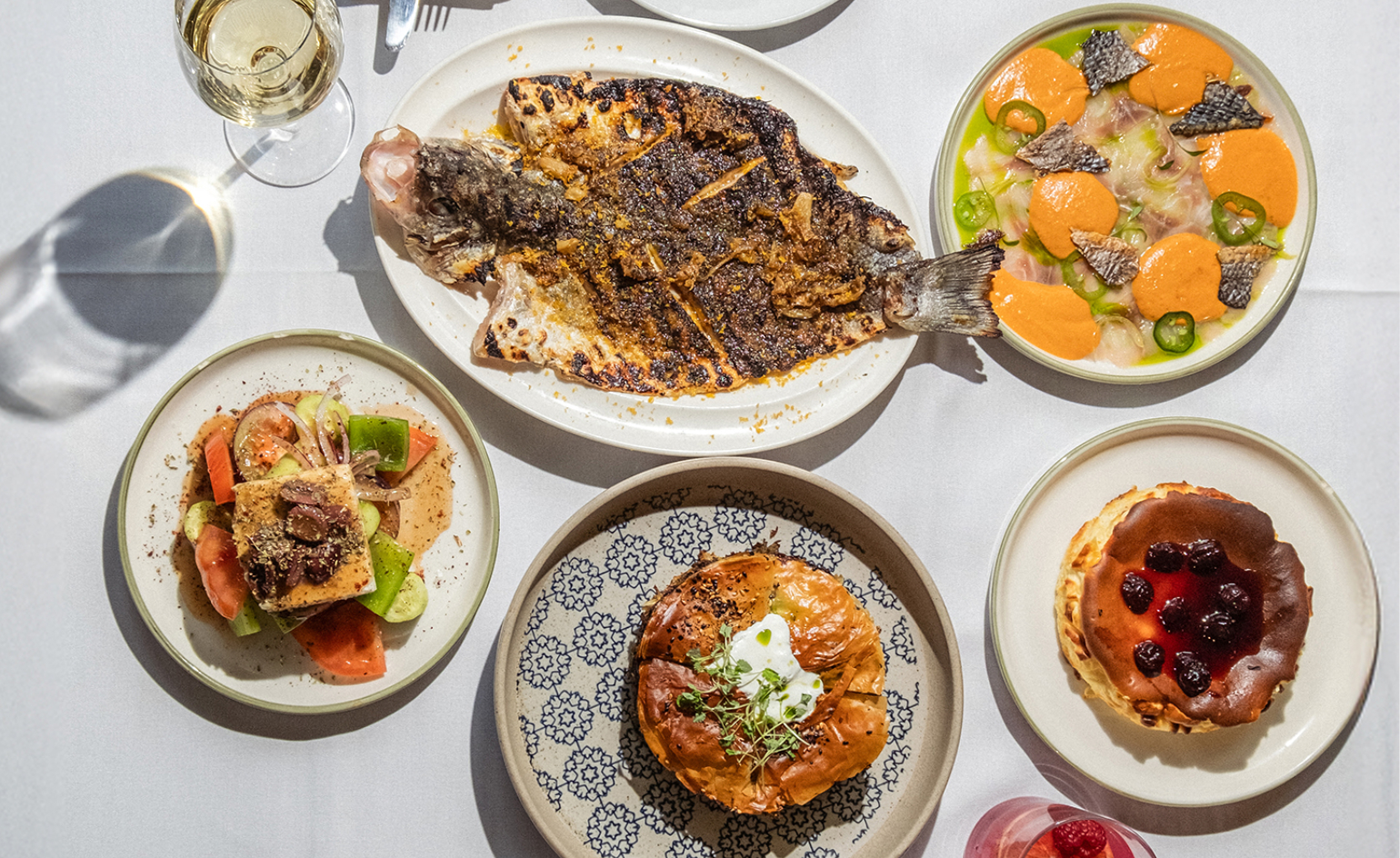 Dining at Pyrá feels like a Mediterranean kiss on both cheeks
Dining at Pyrá feels like a Mediterranean kiss on both cheeksDesigned by House of Dré, this Lonsdale Road addition dishes up an enticing fusion of Greek and Spanish cooking
By Sofia de la Cruz
-
 Creased, crumpled: S/S 2025 menswear is about clothes that have ‘lived a life’
Creased, crumpled: S/S 2025 menswear is about clothes that have ‘lived a life’The S/S 2025 menswear collections see designers embrace the creased and the crumpled, conjuring a mood of laidback languor that ran through the season – captured here by photographer Steve Harnacke and stylist Nicola Neri for Wallpaper*
By Jack Moss
-
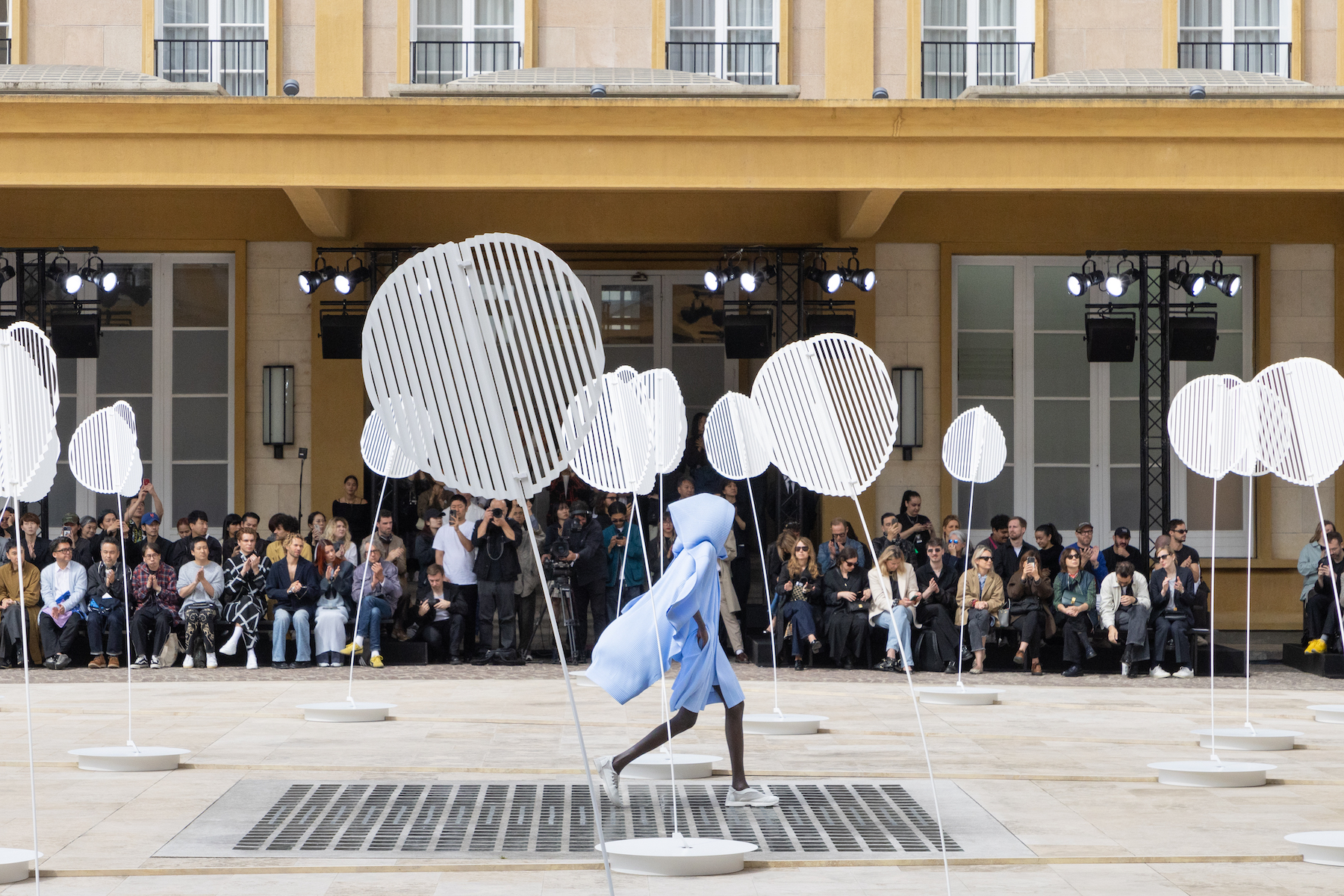 Revisiting the showstopping runway sets of men’s fashion week
Revisiting the showstopping runway sets of men’s fashion weekAs Men’s Fashion Week S/S 2025 draws to a close, Wallpaper* picks the season’s most transporting runway sets, from giant cats at Dior Men to a ‘fairytale ravescape’ at Prada
By Jack Moss
-
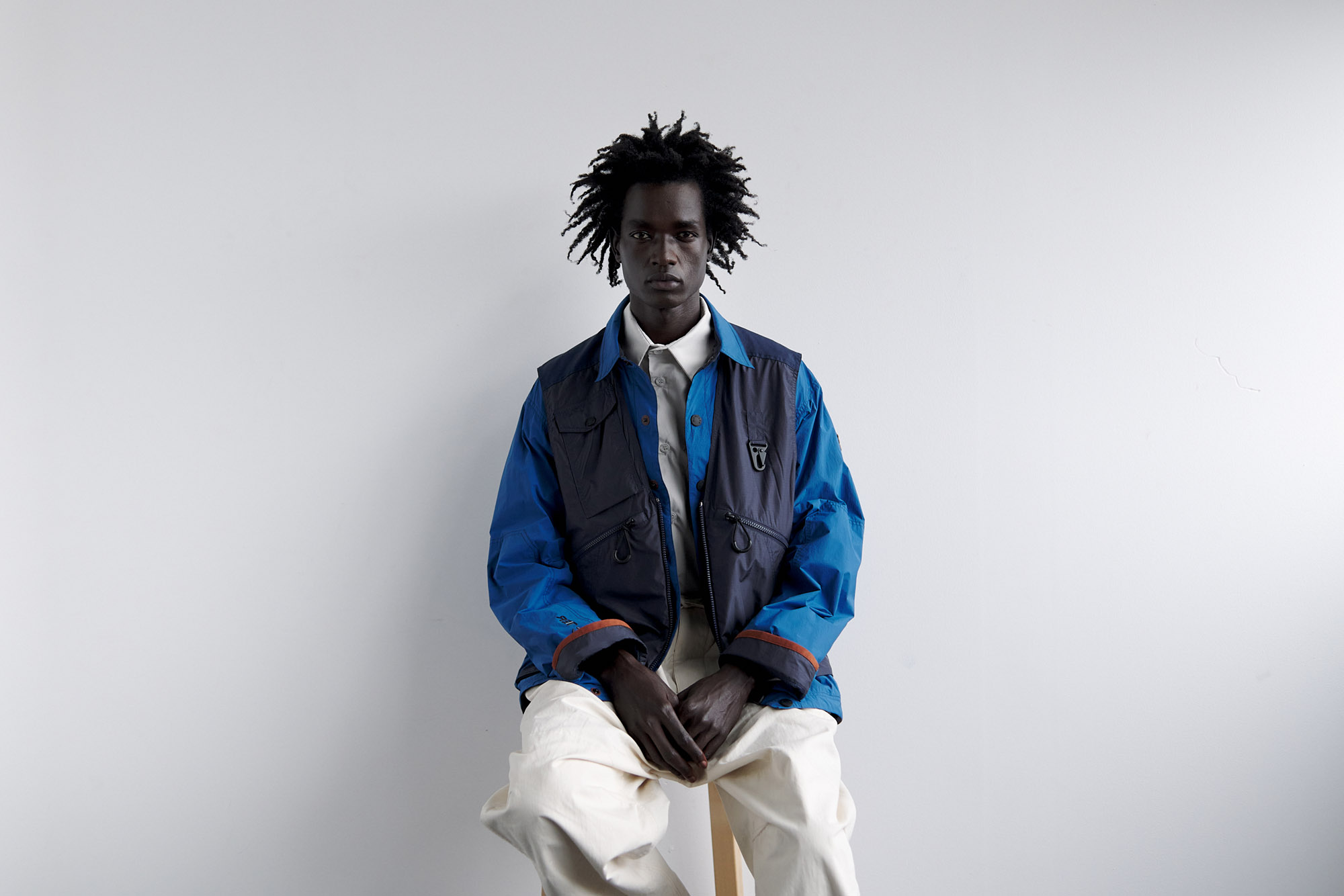 Utilitarian men’s fashion that will elevate your everyday
Utilitarian men’s fashion that will elevate your everydayFrom Prada to Margaret Howell, utilitarian and workwear-inspired men’s fashion gets an upgrade for S/S 2024
By Jack Moss
-
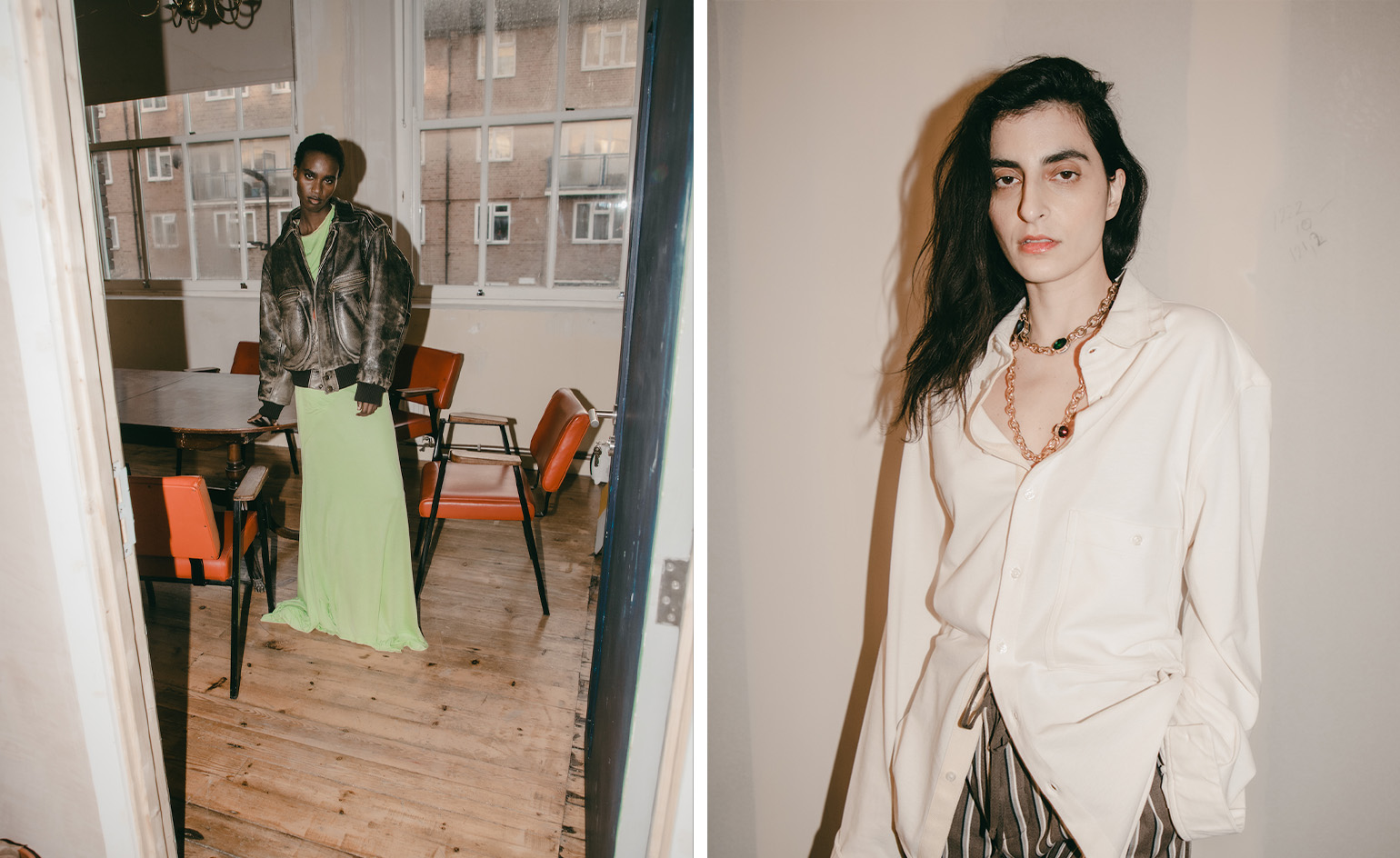 Cult 1960s boutique Granny Takes A Trip gets a sustainable reboot
Cult 1960s boutique Granny Takes A Trip gets a sustainable rebootFounded on King’s Road in 1966, ‘radically creative’ fashion store Granny Takes A Trip is being reimagined for a new generation. Dal Chodha takes a closer look
By Dal Chodha
-
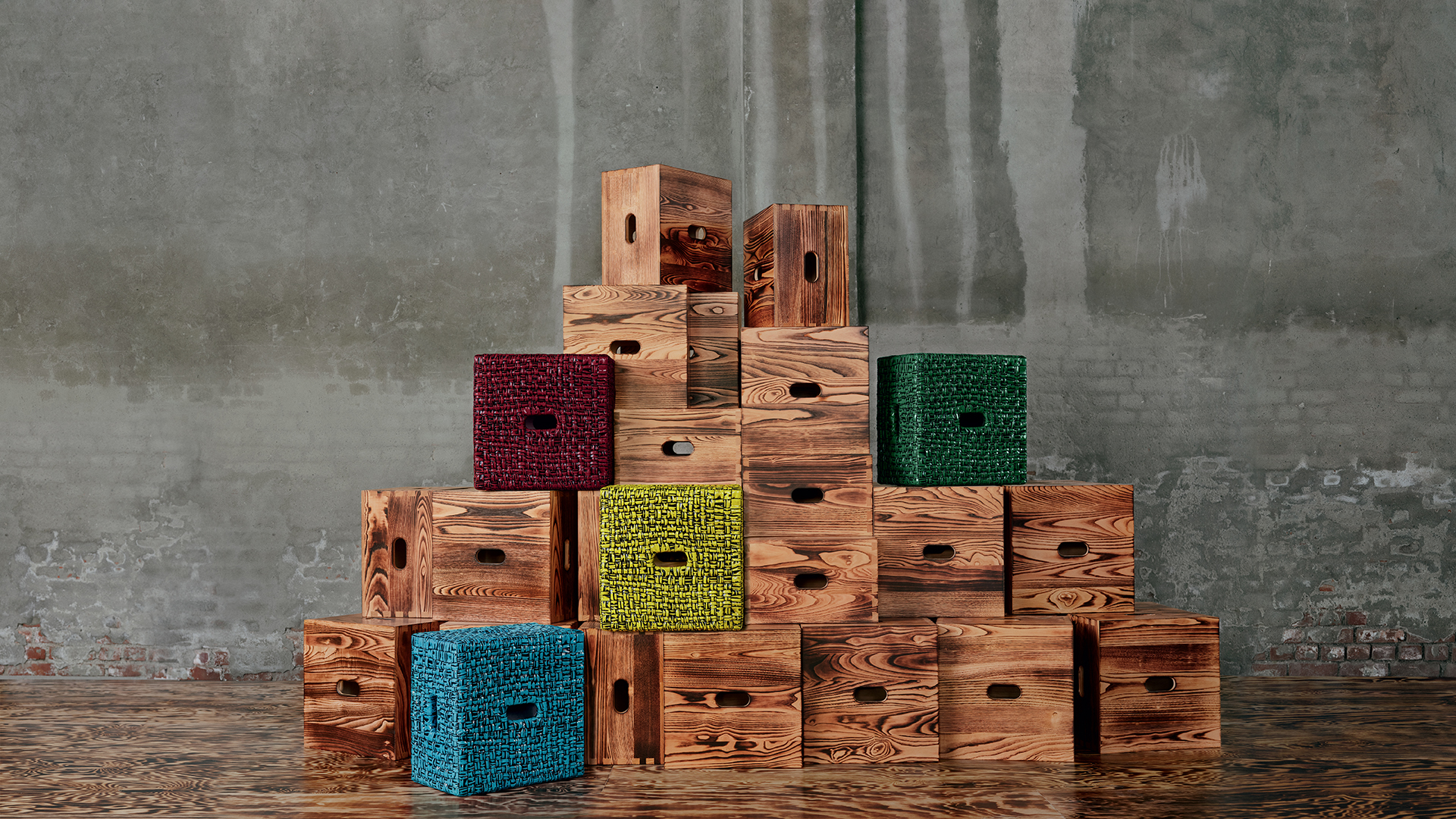 The best fashion moments at Milan Design Week 2024
The best fashion moments at Milan Design Week 2024Scarlett Conlon discovers the moments fashion met design at Salone del Mobile and Milan Design Week 2024, as Loewe, Hermès, Bottega Veneta, Prada and more staged intriguing presentations and launches across the city
By Scarlett Conlon
-
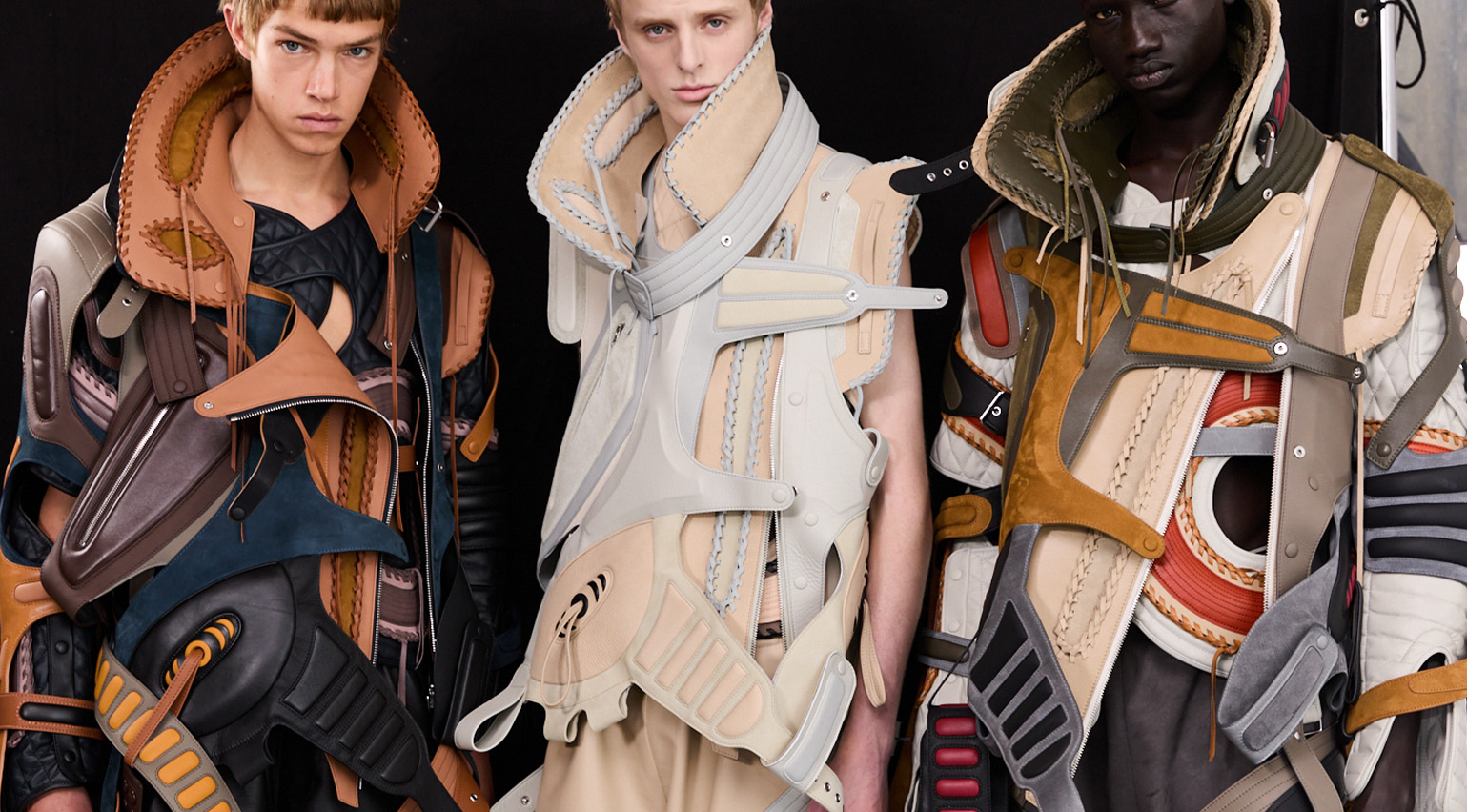 Men’s Fashion Week S/S 2025: what to expect
Men’s Fashion Week S/S 2025: what to expectBeginning this weekend, everything we know about Men‘s Fashion Week S/S 2025 so far, from Dries Van Noten’s final show in Paris to an intimate Craig Green presentation in London
By Jack Moss
-
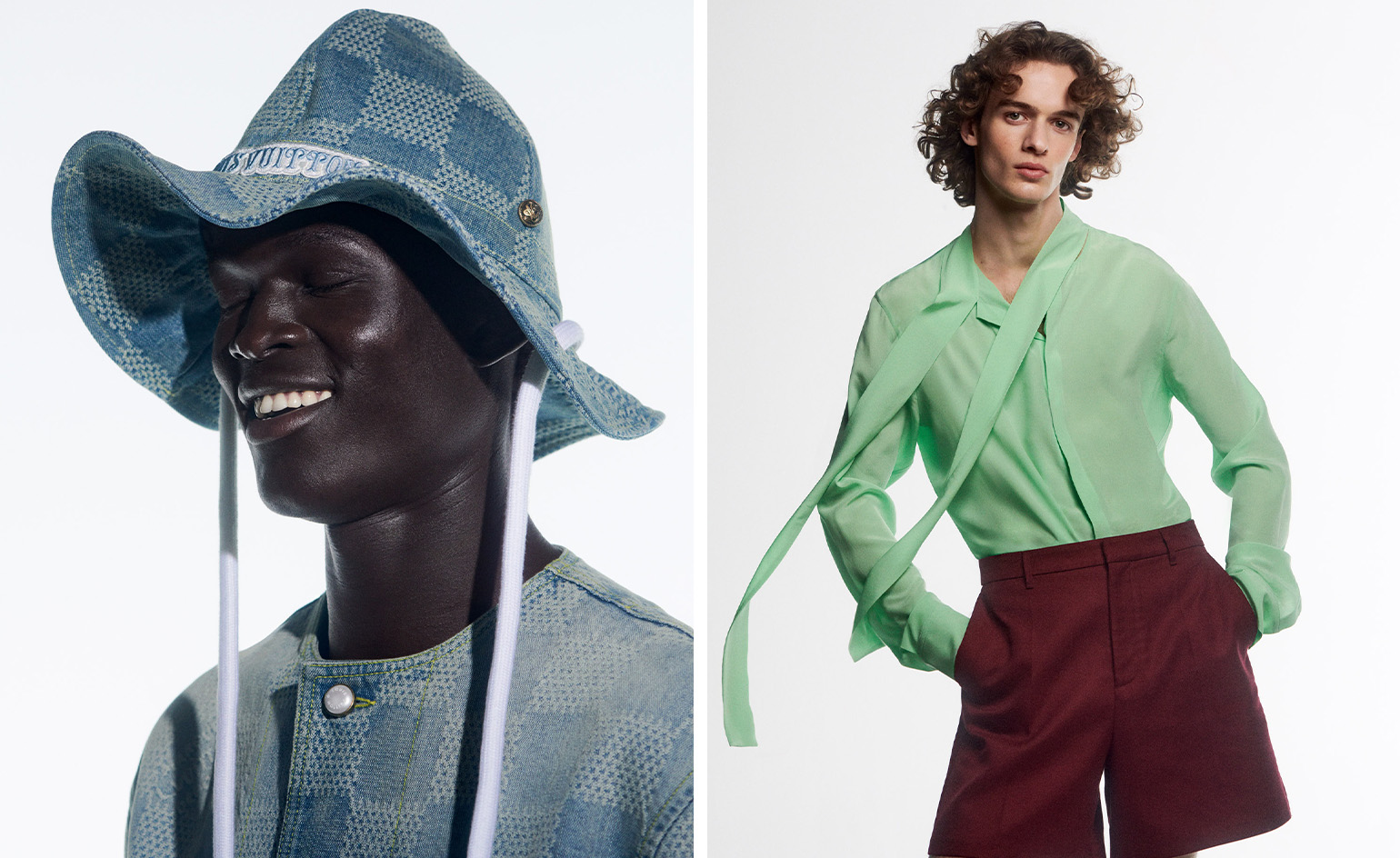 This season’s menswear collections capture a brighter mood
This season’s menswear collections capture a brighter moodThe shape of things to come with the best of the S/S 2024 menswear collections, an enlivening amalgam of colour and play
By Jack Moss
-
 Zegna’s innovation-filled ‘Secondskin’ sneaker began with a pair of leather gloves
Zegna’s innovation-filled ‘Secondskin’ sneaker began with a pair of leather glovesZegna’s ‘Triple Stitch Secondskin’ sneaker sees the Italian house experiment with glove leather for a lightweight shoe, designed to mould to the contours of the foot
By Tianna Williams
-
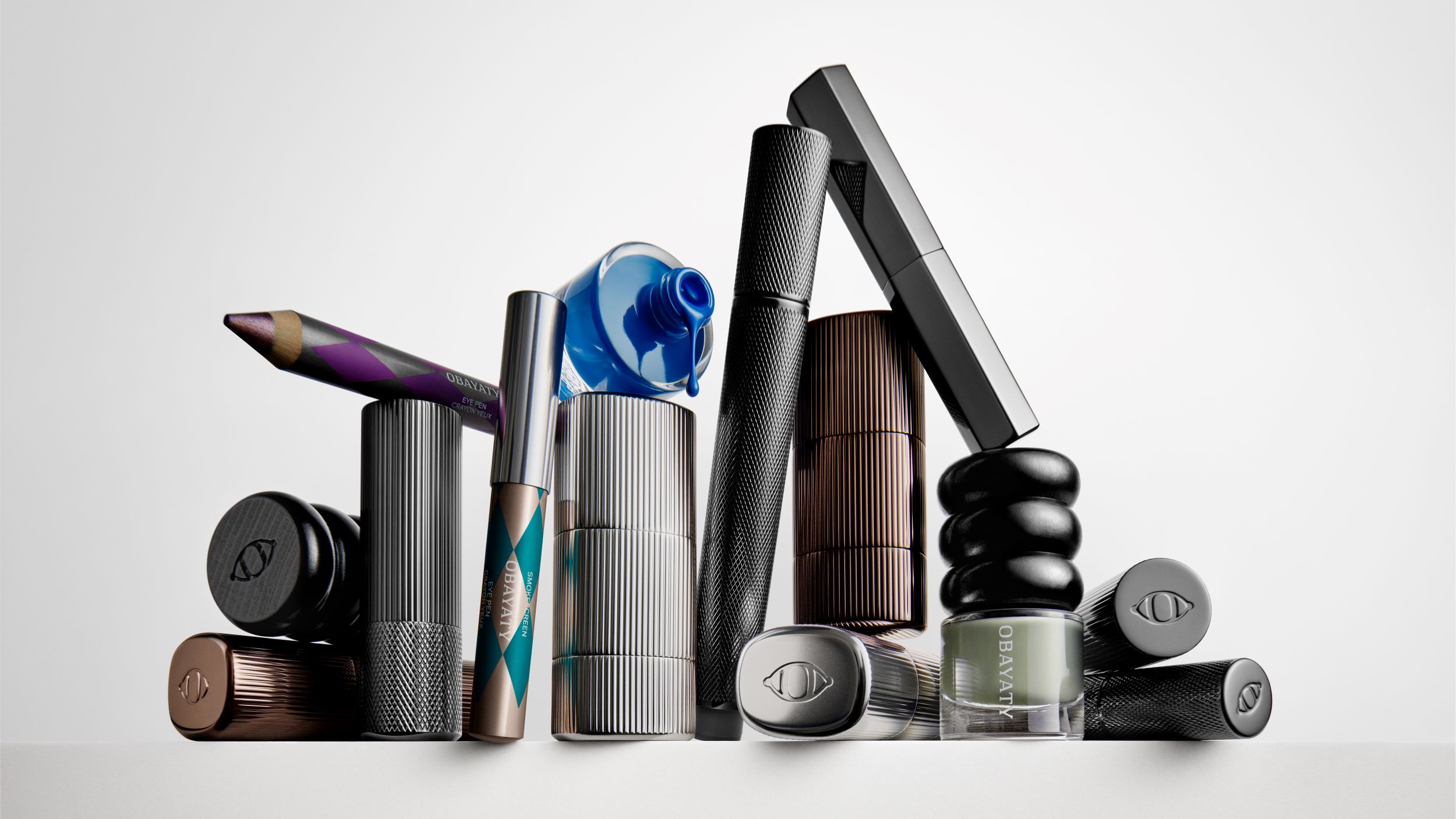 Obayaty is a new design-led brand creating make-up for men
Obayaty is a new design-led brand creating make-up for menThe Obayaty founders discuss their elevated vision for the brand’s debut range make-up for men
By Mary Cleary